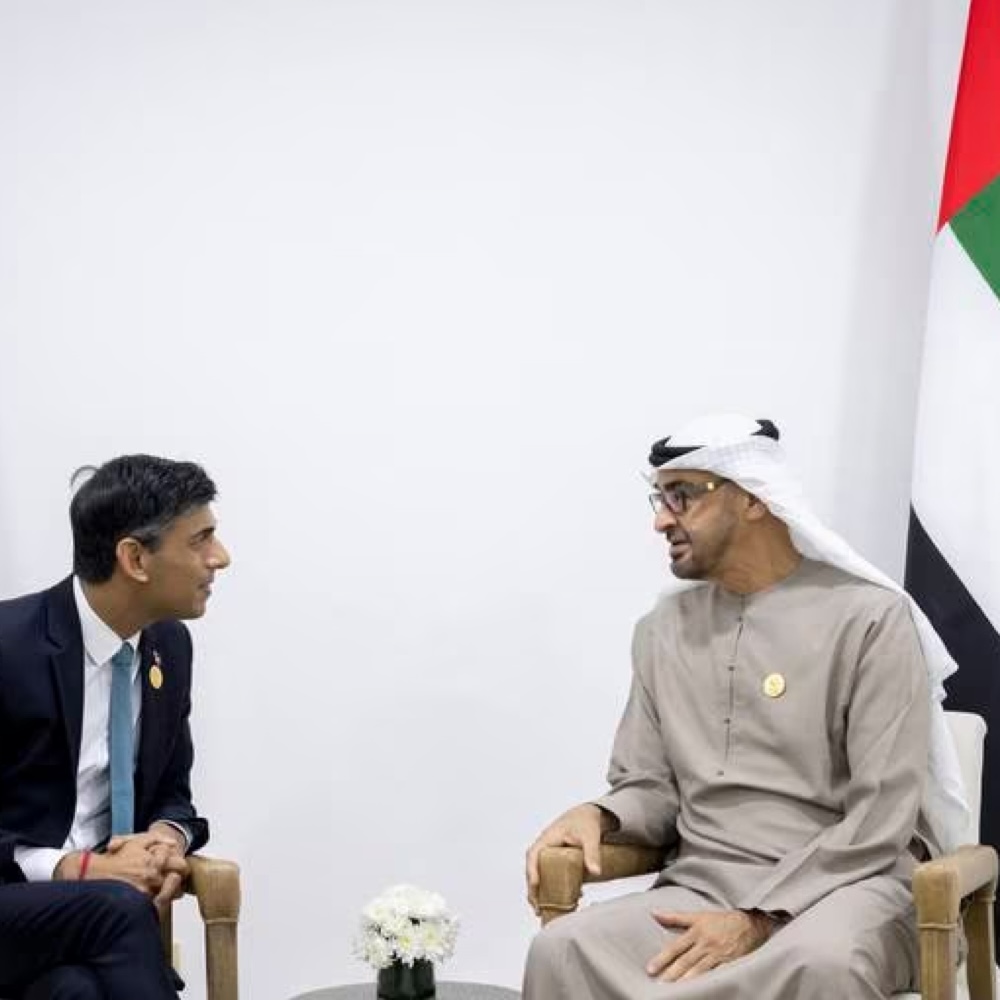The election of an Emirati official as Interpol’s president after a British citizen was allegedly tortured in UAE custody represented “a failure of UK diplomacy”, a group of MPs has said.
In a report published on Friday, the Foreign Affairs Committee also raised concerns of an “unnecessarily defensive culture” within the government which it said had hurt UK nationals arbitrarily detained abroad and their families, impeded scrutiny and undermined public trust.
Alicia Kearns, the Conservative MP who chairs the committee, said the Foreign Commonwealth & Development Office (FCDO)’s front end consular staff were “devoted public servants, who do everything they can to support detainees and their families”.
“But families must be able to have confidence that the wider department is approaching the task in the most effective way possible,” she said.
Friday’s report comes after the committee earlier this year conducted an inquiry into state-level hostage taking which concluded that the government had been too slow to call out countries holding British nationals and communication by officials had “been plagued by inconsistency and clumsiness”.
The new report follows the findings of the Parliamentary Ombudsman in August that the FCDO had failed to protect Matthew Hedges, a British academic imprisoned in the UAE in 2018 on charges of espionage he has denied.
The FCDO was ordered to apologise to Hedges and pay £1,500 in compensation.
Hedges and a second British national, Ali Issa Ahmad, have accused Maj Gen Ahmed Naser al-Raisi, who was elected Interpol president in 2021, of having ultimate responsibility for their alleged torture while imprisoned in the UAE.
The committee said in Friday’s report that it had “directly asked” the government in 2021 whether it would work to prevent Raisi’s election, but the government “did not confirm”.
Raisi’s subsequent appointment “not only confirms our concerns over the processes of Interpol governance, but represents a failure of UK diplomacy and a significant injustice to victims”, the report said.
The MPs also questioned why the government was reviewing its guidance on cases where there are concerns that nationals are being tortured on the basis of the Ombudman’s report when it had not accepted a similar recommendation from the committee earlier this year.
“The fact that the government was prepared to initiate a review of internal guidance on the basis of the Ombudsman’s report and not ours causes us to question the seriousness with which it takes constructive criticism,” the report said.
An FCDO spokesperson told Middle East Eye: “We recognise that Mr Hedges and his family’s experience was a distressing one and have worked closely with the FAC and the Ombudsman throughout their inquiries.
“We have accepted the Ombudsman’s findings following its inquiry on torture and mistreatment and apologised. The Ombudsman rejected elements of Mr Hedge’s complaint and concluded we acted correctly in seeking consular access. Our torture and mistreatment guidance is under review.
“Helping British nationals abroad is a top priority. Consular staff are available 24/7, helping over 20,000 British people and their families every year.”
*Source: Middle East Eye


